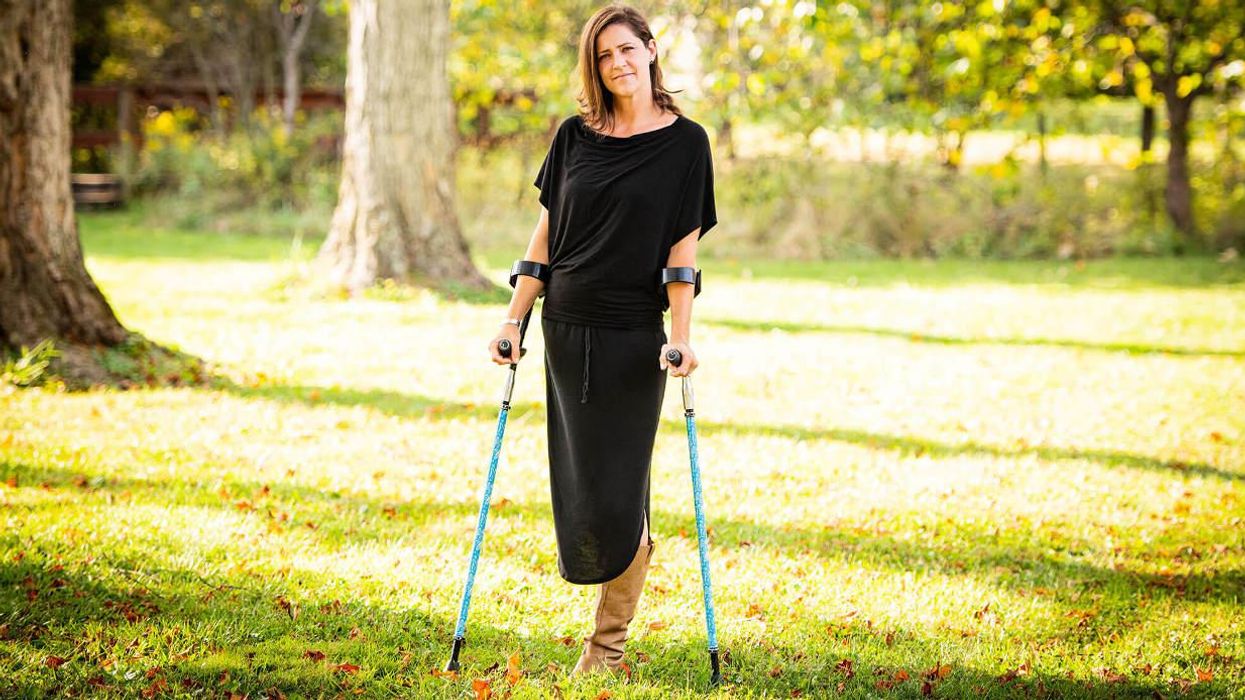
It’s always something of a mystery to see what most touches readers. Black food sovereignty, DuPont’s pollution, fracking and horses—this year’s most read stories from our newsroom reflect true diversity in the world of environmental health.
We were delighted to see that whether essay, straight science reporting, explainer piece, or investigative feature, our work can reach millions.
Don’t miss out, see what others have been reading. Below are our top five most read stories from the past year.
1. We don’t farm because it’s trendy; we farm as resistance, for healing and sovereignty

For more than 150 years, from the rural South to northern cities, Black people have used farming to build self-determined communities and resist oppressive structures that tear them down.
2. A lasting legacy: DuPont, C8 contamination and the community of Parkersburg left to grapple with the consequences

“We all have stories of friends and family, neighbors, dying too young or being diagnosed with various medical problems”
3. Coronavirus, climate change, and the environment

A conversation on COVID-19 with the director of Harvard University’s Center of Climate, Health and the Global Environment.
4. Fracking linked to rare birth defect in horses: Study

A new study has uncovered a link between fracking chemicals in farm water and a rare birth defect in horses—which researchers say could serve as a warning about fracking and human infant health.
5. Organic diets quickly reduce the amount of glyphosate in people’s bodies

A new study found levels of the widespread herbicide and its breakdown products reduced, on average, more than 70 percent in both adults and children after just six days of eating organic.
Banner photo: Tracy Danzey grew up in polluted Parkersburg, West Virginia. (Courtesy Seth Freeman Photography)





